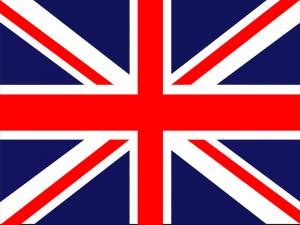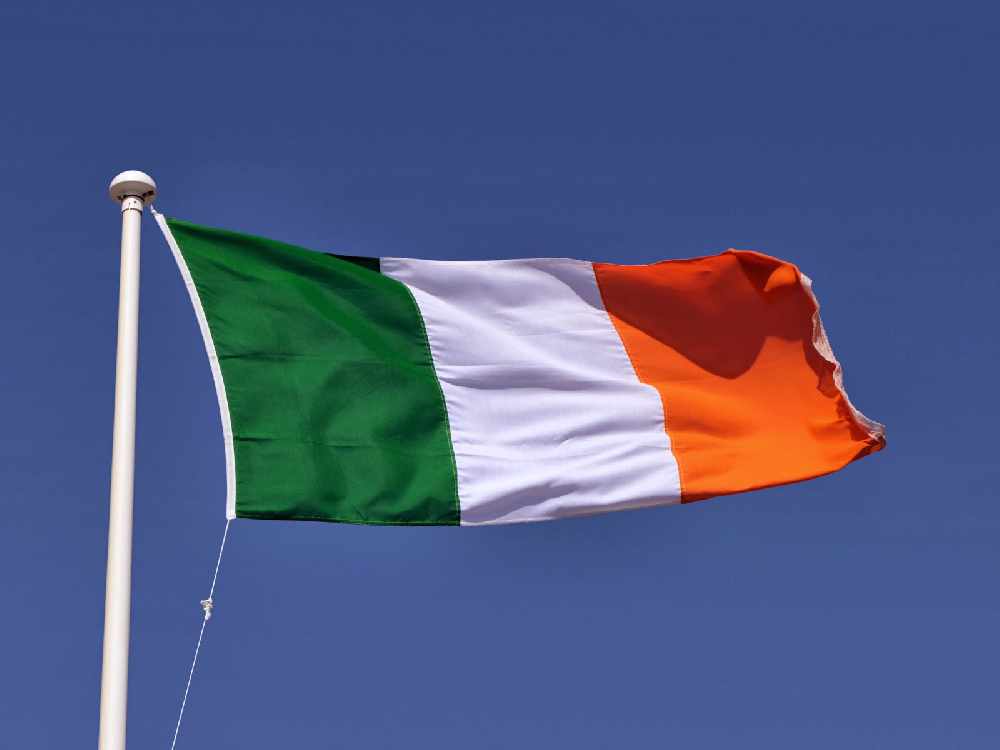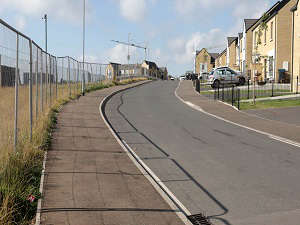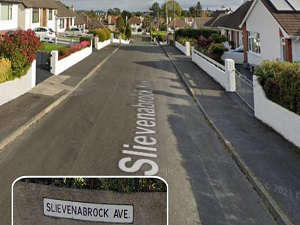
By Cate McCurry, PA
Some 90% of unionists and loyalists fear a united Ireland could spark a return of violence in Northern Ireland, a poll has found.
The poll, which coincides with the centenary of the creation of Northern Ireland, found a significant majority of people on both sides of the border believe peace will be compromised by a united Ireland.
More than 2,000 people from Northern Ireland and the Republic were asked if they thought peace would be jeopardised by the prospect of unification, in a poll commissioned by the Sunday Life and Sunday Independent.
In Northern Ireland, 68% of people said yes, while in the Republic, the figure was 62%.
The results show that while the overwhelming majority of loyalists and unionists were convinced that peace would be compromised, 24% of nationalists and republicans in Northern Ireland and 17% of people in south of the border disagreed.
A sample of 1,500 adults over the age of 18 in the Republic and 750 in Northern Ireland were interviewed for the poll, run in conjunction with Kantar.
On Brexit, people were asked what effect it would have on a united Ireland, and a majority on both sides of the border – 58% in Northern Ireland and 57% in the Republic – believed it could accelerate unity.
Asked whether a 50%-plus-one majority would be enough to carry a vote on a united Ireland in any future border poll, 31% in the Northern Ireland and 38% in the Republic agreed.
In Northern Ireland, 38% believed a two-thirds majority was needed, compared to 36% in the South.
Some 36% of people in the Republic believed a 70% majority should be required in such a poll.

People on both sides of the Irish border are polarised over the contentious issue of amnesties for paramilitaries, according to the opinion poll.
The survey suggests that a majority of people across the island back the setting up of a truth and reconciliation commission to deal with the past during the Troubles.
A question posed in the survey was whether people believed “there should be an amnesty on any acts of violence by paramilitary groups linked to the Troubles which were still being investigated”.
In Northern Ireland, only 31% of people who were questioned agreed, while 38% were opposed to the move.
The breakdown of the figures showed that 49% of unionists and loyalists were against an amnesty, while 40% of nationalists and republicans were in favour of one.
The results showed that opposition to an amnesty was higher among older people who had lived through the worst of the Troubles than among younger people.
In the Republic, 40% of people supported an amnesty, while 26% opposed one.
Turning to an amnesty for members of the security forces, some 41% of people in Northern Ireland people agreed, while 29% disagreed.
In the Republic, the figures were 37% for and 31% against.
People were also asked whether they would support a truth and reconciliation commission in Northern Ireland to deal with the legacy of the Troubles.
Some 64% of people north and south of the border said they are in favour of a commission and only a small number in each area are opposed to one.


 Three children trapped under car in ‘horrendous incident’, court told
Three children trapped under car in ‘horrendous incident’, court told
 Man, 84, found dead in Co Down town named as police step up patrols
Man, 84, found dead in Co Down town named as police step up patrols
 Murder probe launched after man found dead in Co Down
Murder probe launched after man found dead in Co Down
 Three children in hospital after being struck by car while playing in Belfast
Three children in hospital after being struck by car while playing in Belfast
 Spate of 5G mast attacks impacting hospital communications
Spate of 5G mast attacks impacting hospital communications